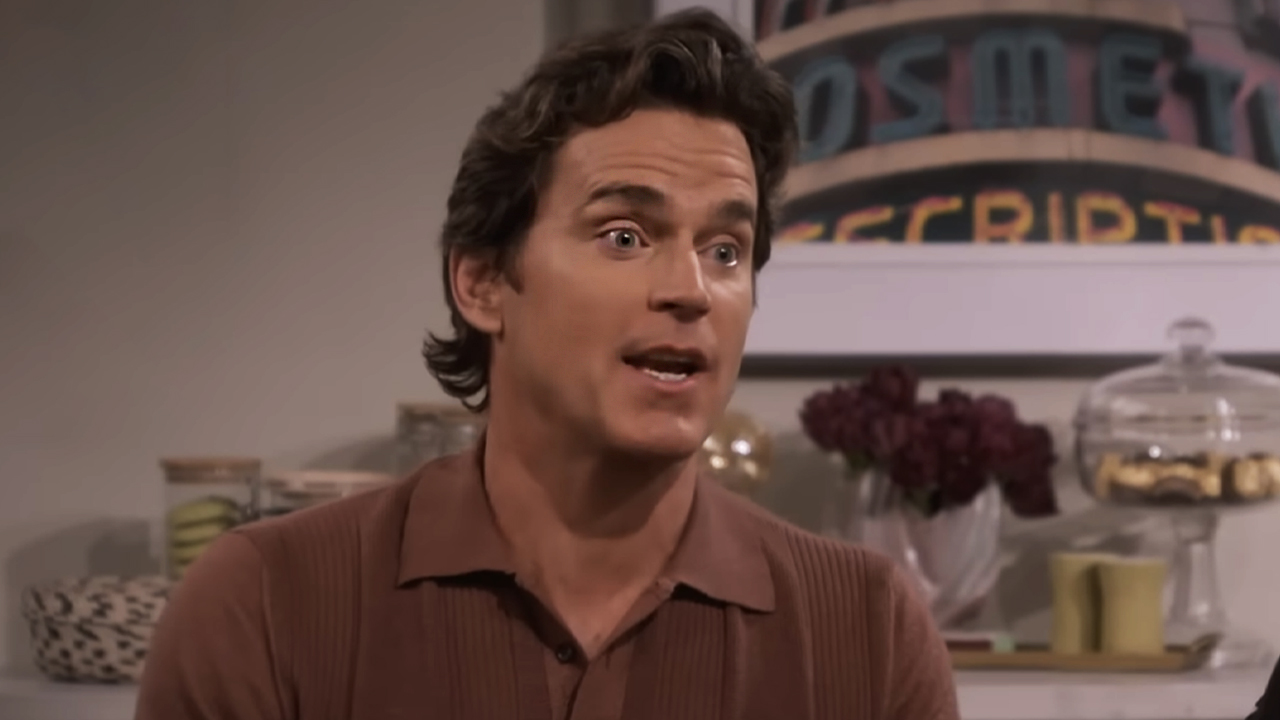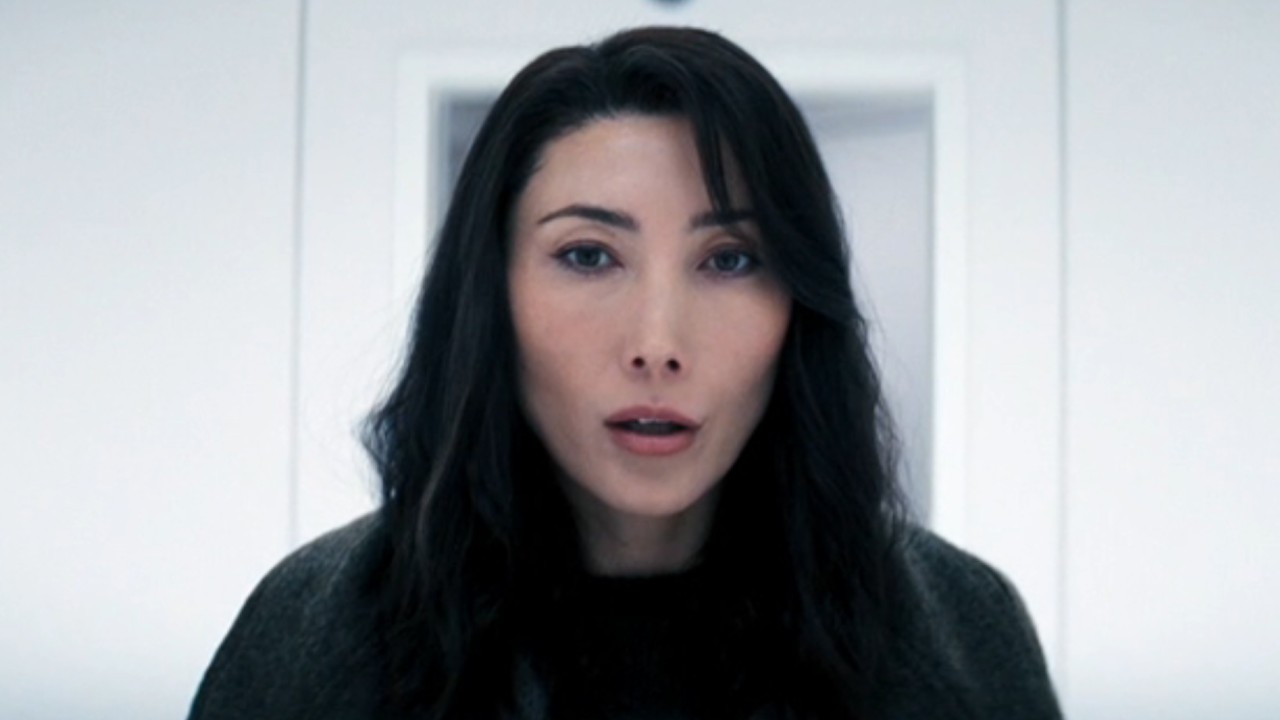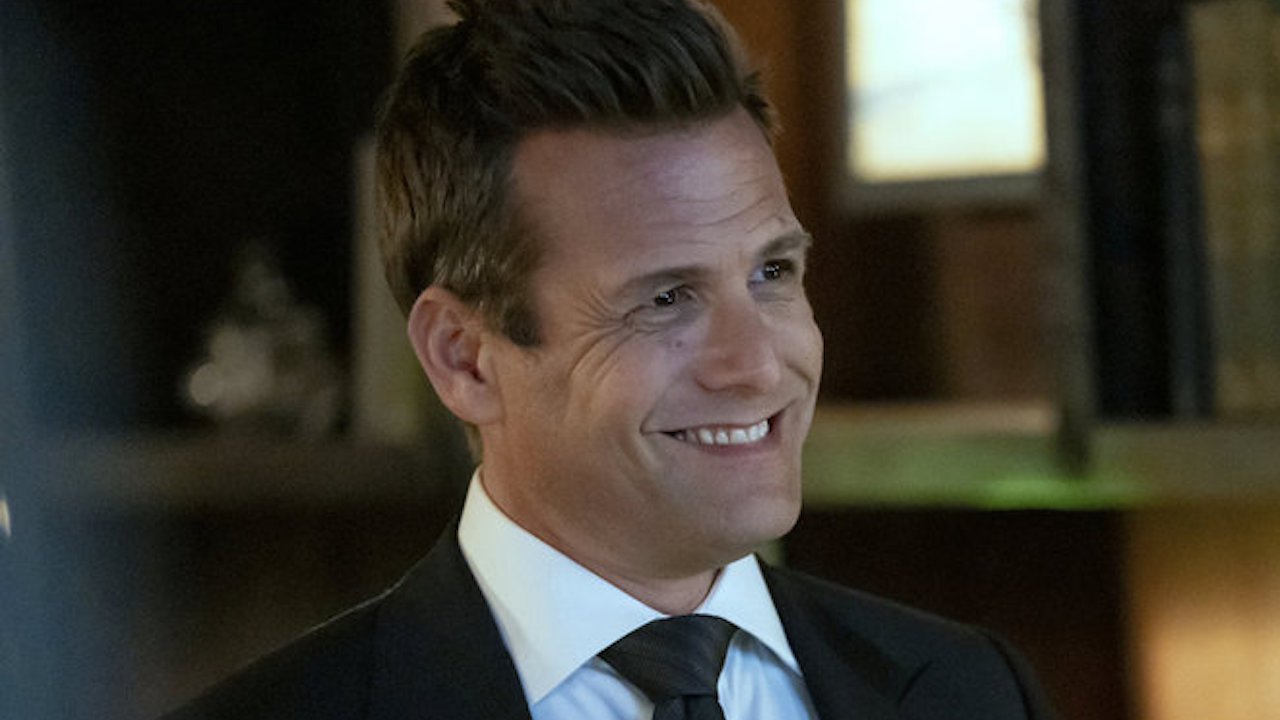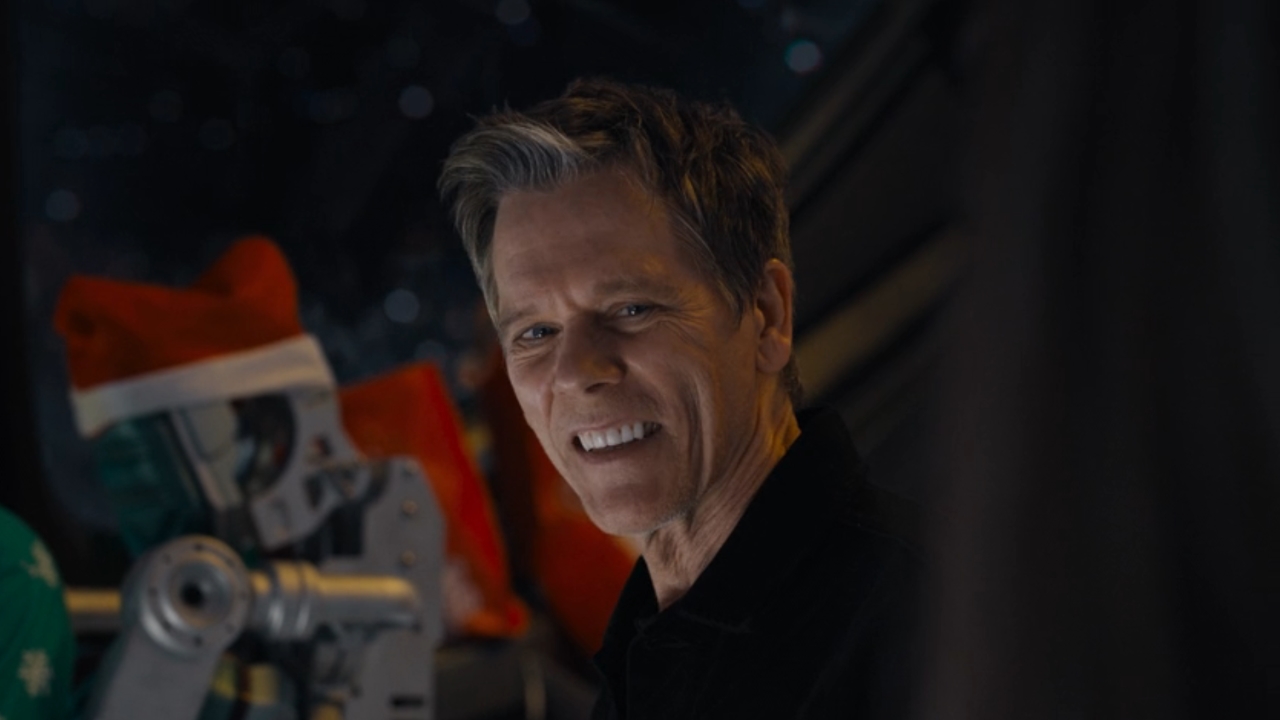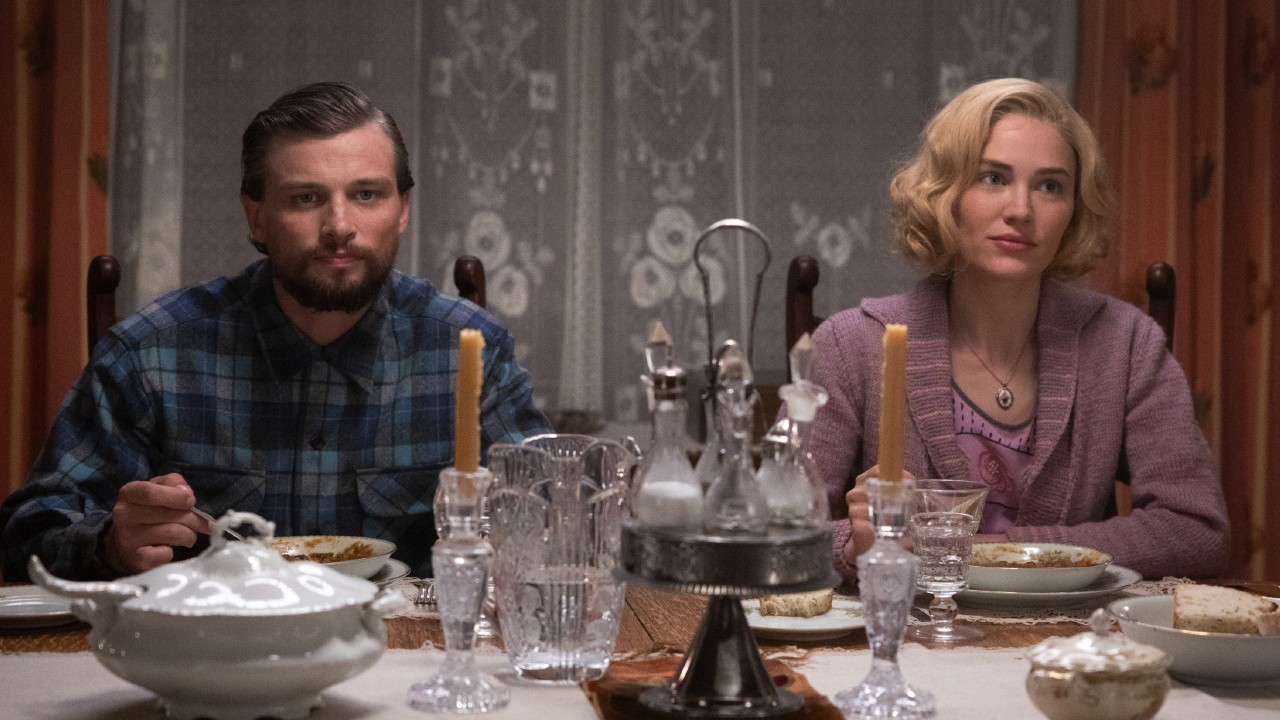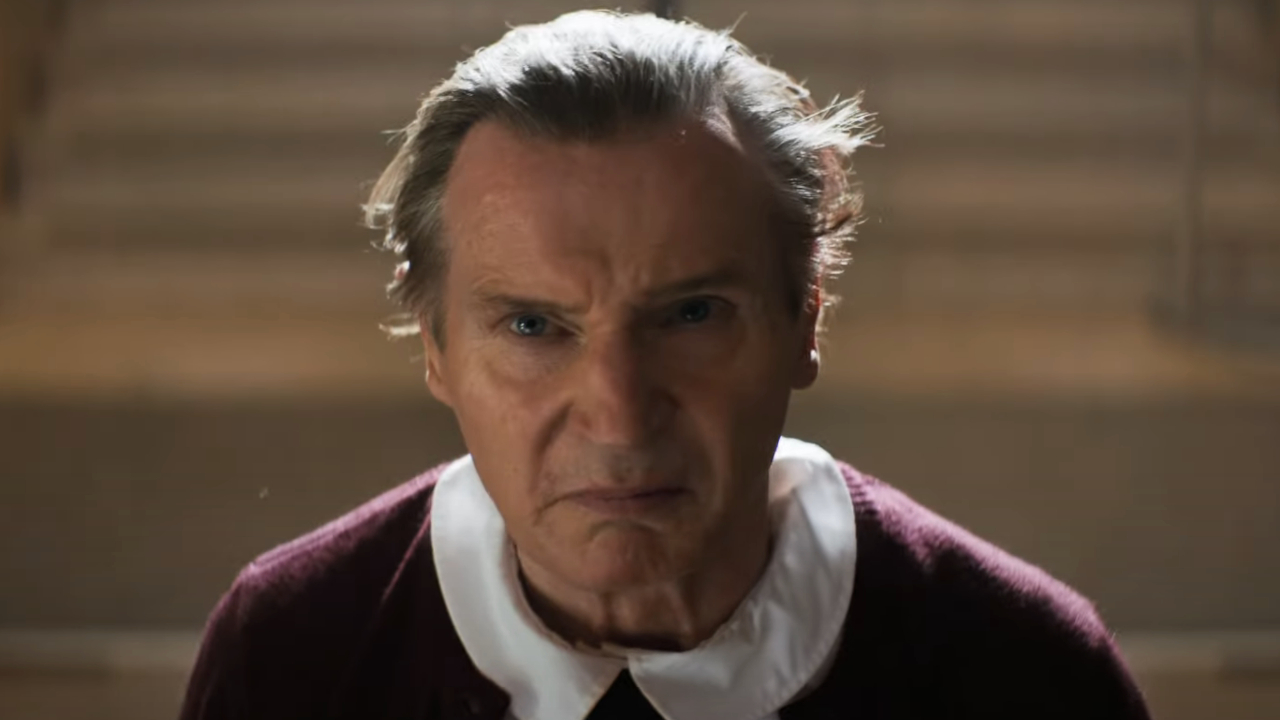4 Big Reasons Why Interstellar Is A Huge Disaster
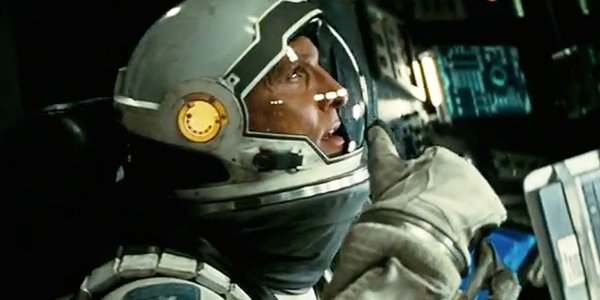
Interstellar is proving to be quite divisive, with early audiences either adoring Christopher Nolan’s opus for all its ambitions, or rejecting it flat out. How can we tell? Well, in the poll we posted at the bottom of our Spoiler Heavy discussion, 27% of those who voted gave it a perfect Five Stars, while 34% gave it Zero. Pretty much everything in between those extremes rated a single digit, percentage-wise.
I fall into the "Hated It" camp. But it goes beyond that. I think Christopher Nolan’s film fails at most of its stated objectives. The movie lost me early (for a few very specific reasons), and it never recovered – committing what I believe are a few crucial sins that betray its intention. It’s one thing to be bad. It’s another to be so deeply flawed that you contradict the reasons given for your film’s existence.
Needless to say, there are going to be a TON of spoilers for Interstellar in this conversation, so stop reading now if you haven’t yet seen the film, or if you want to preserve the mysteries waiting in Nolan’s movie. As for the rest of you, I know that as soon as I exited Interstellar, I wanted to read as much analysis as possible into the film. Here are the reasons why I think the film is a disaster.
Cooper’s relationship with his kids is an emotional flatline.
And that's a death blow. A kill shot. For Interstellar to work the way Christopher Nolan really wants it to work, the audience has to want to see Matthew McConaughey’s astronaut, Cooper, overcome galactic obstacles and reunite with his kids – specifically, his daughter Murph, who he "abandoned" decades earlier in order to embark on this space mission. Only, Nolan isn’t an emotional director. He’s a technical director. And he doesn’t capture enough (any?) sentimental chemistry between father and daughter in the time they have together on screen. So their desire to reunite is stated over and over... but it's never felt.
Cooper’s a distant dad, with his head in the stars. He has to be chided into attending a parent-teacher conference by Murph’s doting grandfather (John Lithgow). Though the pair semi-bond over a pilotless drone – and the existence of a "ghost" in Murph’s bedroom – Cooper and Murph are hastily split once the former rushes off on a space expedition he learned about days before the launch. McConaughey tries to connect with young Mackenzie Foy, but the actress is asked to play one angry, resentful note over and over, extinguishing any bond that could carry the second and third acts of the film.
You ultimately can tell Nolan’s heart isn’t even into this father-daughter relationship as the film’s final minutes slog by – when the characters finally do reunite during an uncomfortably awkward futuristic setting. After five minutes of clunky dialogue (during which McConaughey fails to establish any rapport with Ellen Burstyn), Murph sends her estranged father away so she can be with her children and he can "rescue" Anne Hathaway’s stranded astronaut. Because they are in love? I have no clue, and neither does Nolan, because the film abruptly ends with no further resolution. Still, as a dad, I’m pre-programmed to dial directly into the emotional bond between Cooper and Murph (his son, Tom, sadly is a nonfactor in the story). But the relationship between the separated characters is so nonexistent in this film, it’s hard to believe that the reunion of these estranged family members is supposed to be the driving motivation of Interstellar.
CINEMABLEND NEWSLETTER
Your Daily Blend of Entertainment News
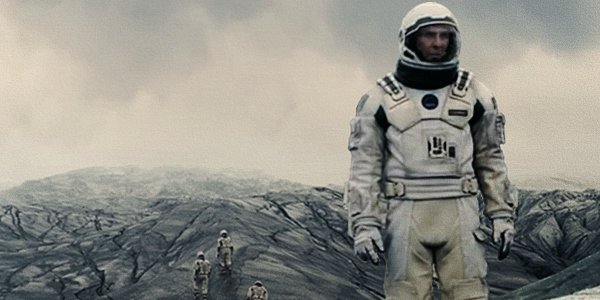
The IMAX presentation is creating massive problems.
At our screening, the audio mix on the Interstellar presentation was so off, I had to ask a colleague if the speakers in our house were broken. There was a recurring buzz from the speakers in the mix. It would arrive during certain scenes, linger for a few minutes, then disappear. Our screening wasn’t an isolated event. SlashFilm wrote about the problems in their own L.A. theater, where the sound mix on the IMAX presentation was drowning out important lines of dialogue, and taking emphasis out of vital scenes. They even collected tweets from global audiences who were complaining about the failed mix during Interstellar IMAX screenings. Many complained that they couldn’t hear half of the dialogue, and that "[Hans] Zimmer’s score drowned it out at times." (His score, for the record, is awful, and rarely is in harmony with the images on screen.)
The problem here is that IMAX is Christopher Nolan’s preferred method of presentation. He allowed certain theaters willing to screen in 70mm IMAX to show his movie early. Visually, Nolan’s movie lives up to the hype of an IMAX presentation. But the sound mix that comes with that presentation is so disturbingly bad that it takes you out of some important scenes and buries dialogue that you think you might need to understand the dense, convoluted plot. (Here’s a secret, though: The dialogue’s so inane, you really aren’t missing much…)
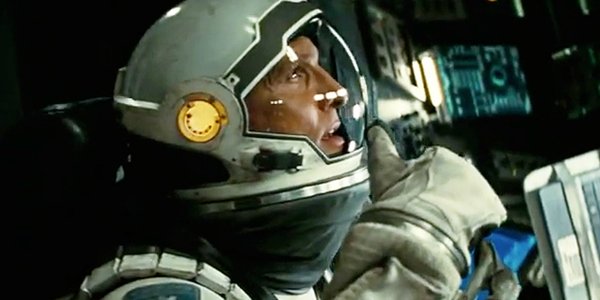
It’s silly. So very, very silly.
I won’t touch the science. I’m not smart enough to refute the suggestions that theoretical physicist Kip Thorne contributed to Christopher and Jonathan Nolan’s screenplay. (Though I will point out that NASA has gone on the record to state that they didn’t consult on the script in any way, shape or form.) And I found no issue with the wormholes, cryogenic sleeps and black holes sprinkled through Nolan’s melodrama.
But I did laugh at the clumsy ways Nolan raced to his next info-dump of high-brow exposition (delivered, predictably, by the likes of a tired-looking Michael Caine). Interstellar has a number of massive "ideas." It just doesn’t have the patience or insight on how to get to them properly. So it takes shortcuts in the screenplay, which often create hilariously silly plot leaps.
First, the "ghost" in Murph’s room is a half-baked concept that doesn’t pay off until that ridiculous sequence I lovingly call Morse Code Bookshelf. That scene is comically bad, and an embarrassment for poor McConaughey. Beyond that, Nolan wants us to believe that Cooper and Murph deduce coordinates from this "ghost," which lead them to a "Secret NASA Base" that – thankfully – is driving distance from Cooper’s farm. I'm sorry, what? Better still, when Cooper finds this Secret NASA Base, it’s populated with former colleagues who tell Coop that he’s the perfect pilot for this controversial space program – which he agrees to join mere minutes after learning of its existence. This is but one example of many "Huh?" moments I had during Interstellar -- a film that seemed to take painstaking steps to prove the science of some of its plot possibilities, only to skip over logic. Like, "How can a planet create waves that stand three stories tall from water that’s barely ankle high?"
I know, I know, Nolanites. It’s science-fiction! Unfortunately, Jason X had fewer sci-fi inconsistencies than Interstellar.
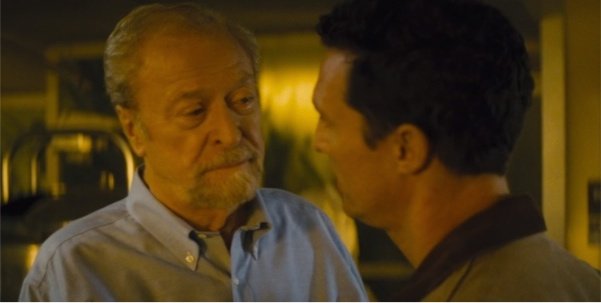
It’s deathly serious, and the sporadic attempts at humor completely bomb
Interstellar has been billed as a full-throttle jaunt through the galaxies, an exciting ride that reconnects man with our previous desire to explore, to pioneer, and to persevere in times of trouble. Steven Spielberg initially wanted to make Interstellar, and I wonder if the picture could have achieved flight in his hands. Because Nolan suffocates it in his own self-seriousness.
I didn’t think Christopher Nolan could write a passage of dialogue more self-serving, falsely important and obvious as Alfred’s speech to Bruce Wayne about the café he dreams of in The Dark Knight Rises. Nolan might as well have included subtitles under that scene saying, "This will be important later, dummies, so listen!" And yet, the conversations shoe-horned into Interstellar drip with false intellectual bravado, as astronauts pontificate about gravitational anomalies, anti-gravitational equations that somehow can solve the food crisis killing people back on Earth, the work of 12 astronauts sent to potentially habitable plants in a neighboring solar system, and the space-time conundrum created when you spend one hour on the surface of one alien planet (it somehow equates to seven years back on our own home planet… something that’s supposed to bother Cooper).
Again, the science is the science… or, The Science, as Nolan treats it. What I can’t get over is the ham-fisted screenwriting and the stilted delivery of the miscast actors. There’s nothing more pretentious than the inclusion of Dylan Thomas’ "Do not go gentle into that good night" in a movie. If it’s played for laughs, as in Back to School, great. Nolan uses it at least three times in Interstellar, each to diminishing effect. The fact that it’s Michael Caine’s dying words is borderline insulting – almost as bad as the fact that Matt Damon’s villainous, back-stabbing character is given the painfully on-the-nose name of Dr. Mann. Get it? GET IT? Mann is man’s worst enemy! Oh, Nolan. You hack!
So the movie’s humorless? Well, Nolan does try to feed "comedic" lines to the astronauts’ robot companion, TARS. But that wacky sidekick’s punchlines often are drowned out by the movie’s awful sound mix. See: Point No. 2
Mistake after mistake after painful mistake. If I remember Interstellar a year from now, it will be for all of the poor decisions it made, cutting the legs out from underneath the few interesting ideas it had in its oversized head.

Sean O’Connell is a journalist and CinemaBlend’s Managing Editor. Having been with the site since 2011, Sean interviewed myriad directors, actors and producers, and created ReelBlend, which he proudly cohosts with Jake Hamilton and Kevin McCarthy. And he's the author of RELEASE THE SNYDER CUT, the Spider-Man history book WITH GREAT POWER, and an upcoming book about Bruce Willis.
